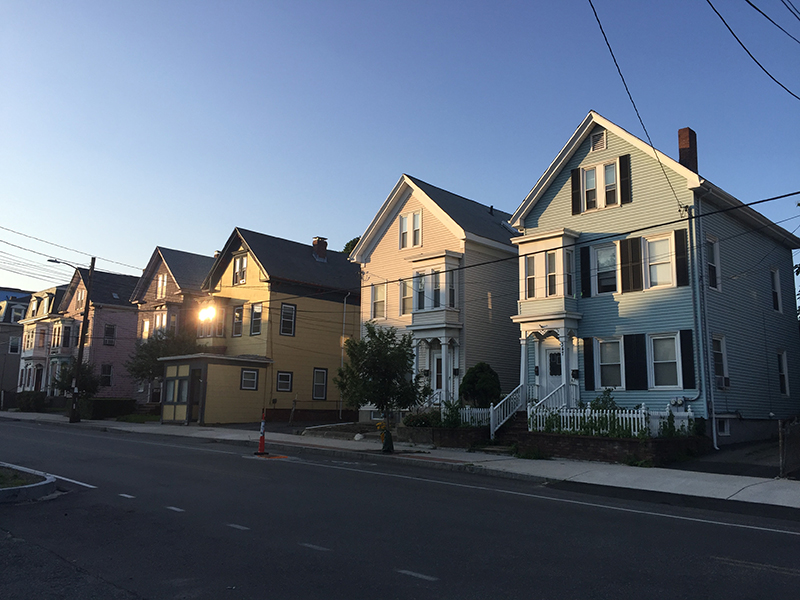
Update (10/29/19): Since the publication of this blog post, The City of Minneapolis has officially ended single-family zoning throughout the greater metro area. The below post has been updated to reflect that.
Our housing affordability crisis requires unique approaches, individually tailored to municipalities and localities. However, one way to help alleviate the crisis broadly is to break down barriers to construction.
For many communities, single-family zoning is a barrier to creating a more inclusive, diverse and affordable housing climate.
Single-family housing has long been associated with a suburban, “American dream” lifestyle. But today, the rapid growth of America’s urban population has altered the way we think about housing. As more Americans move to cities, already stressed housing markets are put under even more pressure. And as the imbalance between supply and demand increases, an increasing percentage of Americans are spending more than 30 percent of their income on housing costs.
In order to make way for more diverse forms of housing, many cities and states are pushing legislation to eliminate single-family zoning. In December, a group in Minneapolis called Neighbors for More Neighbors, helped pass local legislation that would declare Minneapolis a city free of single-family zoning. In addition, duplexes and triplexes would be legal anywhere in the city. The City of Minneapolis officially enacted these reforms on October 25, 2019.
As Mayor Jacob Frey explained, “Right now in Minneapolis, we have a whole lot of people that want to live here, and we’re proud of that… But we don’t have the supply to accommodate it.”
Local leaders are trying to do their part and listen to their urban voice. Recently, Oregon became the first state in the country to ban single-family zoning for cities with more than 10,000 residents. The new law also allows for construction of ‘missing middle homes’ that are designed to have three to four separate units.
The landscape of our country has changed dramatically since single-family zoning laws were put in place. As our cities grow, it is important to revisit policies like zoning restrictions to ensure they remain in the best interest of local residents and businesses. As more and more individuals and families move closer to and into cities, updating laws that allow municipalities to better serve their communities is crucial.




